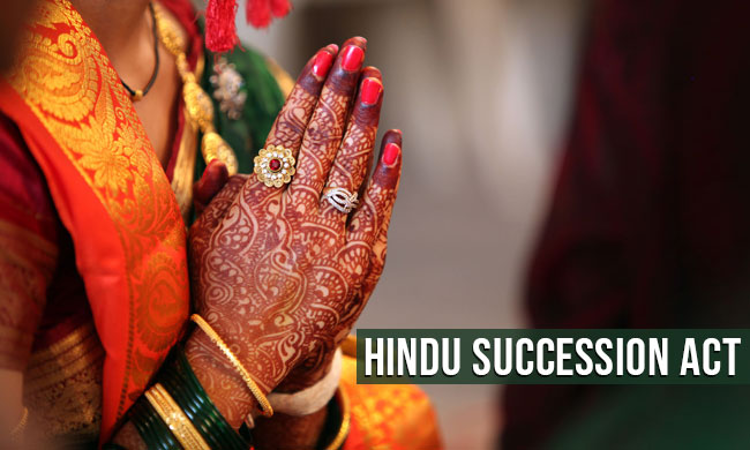Is Hindu Succession Act Gender Discriminatory? : P&H HC Issues Notice On Law Student's Plea
LIVELAW NEWS NETWORK
14 Sept 2019 9:56 PM IST

Next Story
14 Sept 2019 9:56 PM IST
The Punjab and Haryana High Court has issued notice to the Union Government on a petition filed by a law student challenging the constitutionality of the Hindu Succession Act 1956.The petition filed by Daksh Kadian, a student of National Law School of India University, challenges the Act as gender discriminatory.It is contended in the petition that the scheme of intestate succession as per...
